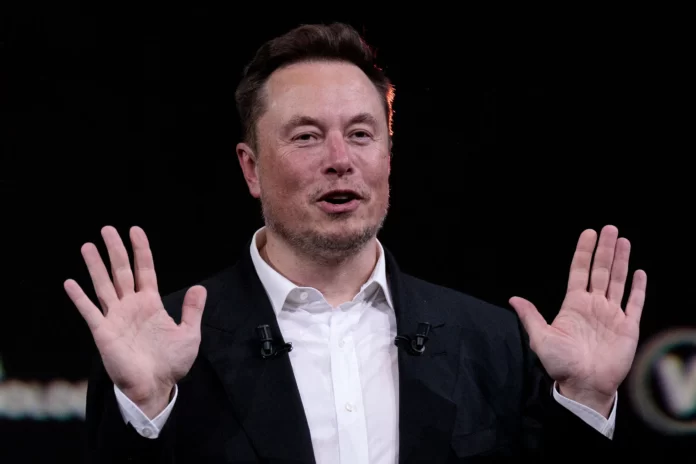Elon Musk, the billionaire entrepreneur and CEO of Tesla and SpaceX, has stirred controversy with his recent comments regarding US aid to Ukraine and the ongoing conflict with Russia. Musk questioned the efficacy of US assistance to Ukraine, expressing skepticism about the potential outcome of the war.
In a series of tweets, Musk expressed doubt about the effectiveness of US aid in supporting Ukraine against Russian aggression. He questioned whether the assistance provided by the United States would make a significant difference in the outcome of the conflict, suggesting that it may not be sufficient to alter the course of events.
Musk’s remarks have sparked debate and criticism, with many questioning his understanding of the geopolitical situation and the implications of his statements. Some have accused him of downplaying the severity of the conflict and undermining efforts to support Ukraine in its struggle against Russian aggression.
The comments from Musk come at a time of heightened tension between Ukraine and Russia, with escalating violence in the eastern regions of Ukraine and fears of a wider conflict. The situation has drawn international concern and condemnation, with calls for diplomatic efforts to de-escalate the crisis and prevent further bloodshed.
Despite Musk’s skepticism, the United States and other Western nations have continued to provide support to Ukraine, including military aid, economic assistance, and diplomatic backing. The US government has reaffirmed its commitment to Ukraine’s sovereignty and territorial integrity, condemning Russia’s actions and calling for an end to the violence.
Musk’s remarks reflect broader debates about the role of private individuals and corporations in shaping international affairs and influencing public discourse. As a prominent figure in the tech industry and a vocal presence on social media, Musk’s comments carry significant weight and can have far-reaching implications.
Critics argue that Musk’s comments risk undermining efforts to address the crisis in Ukraine and may embolden Russian aggression. They stress the importance of solidarity and unity among Western nations in supporting Ukraine and standing up to Russian aggression, rather than casting doubt on the efficacy of aid and assistance.
In response to the criticism, Musk has defended his comments, stating that he is merely expressing his personal opinion and questioning the conventional wisdom surrounding the conflict. He maintains that his remarks are intended to spark debate and encourage critical thinking about complex geopolitical issues.
The controversy surrounding Musk’s comments underscores the challenges of navigating the intersection of politics, business, and social media in an increasingly interconnected world. As the conflict in Ukraine continues to unfold, the role of influential individuals like Musk in shaping public opinion and influencing policy debates remains a topic of ongoing scrutiny and debate.
In light of Musk’s comments, experts and policymakers have emphasized the importance of a unified and robust response from the international community to address the crisis in Ukraine. They argue that while individual opinions are valuable, it is essential to maintain a coordinated and principled approach in confronting Russian aggression and upholding international norms and values.
Furthermore, Musk’s remarks have reignited discussions about the role of technology companies and their leaders in shaping public discourse and influencing geopolitical dynamics. As social media platforms increasingly serve as arenas for political debate and information dissemination, the statements of influential figures like Musk can have significant ripple effects, shaping public opinion and policy responses.
The situation in Ukraine remains fluid and uncertain, with the potential for further escalation and humanitarian consequences. Amidst the ongoing conflict, efforts to provide humanitarian aid and support to affected populations are paramount, underscoring the urgency of finding diplomatic solutions to end the violence and restore stability in the region.
In the face of challenges posed by disinformation and propaganda, there is a growing need for responsible and informed discourse on complex geopolitical issues. As individuals and societies grapple with the complexities of global conflicts like the one in Ukraine, it is essential to seek out diverse perspectives, critically evaluate information, and engage in constructive dialogue to foster understanding and empathy.
Ultimately, the crisis in Ukraine serves as a stark reminder of the enduring importance of diplomacy, cooperation, and multilateralism in addressing global challenges. While individual voices like Musk’s may spark debate and reflection, it is collective action and solidarity among nations that will ultimately determine the path forward in resolving conflicts and building a more peaceful world.

